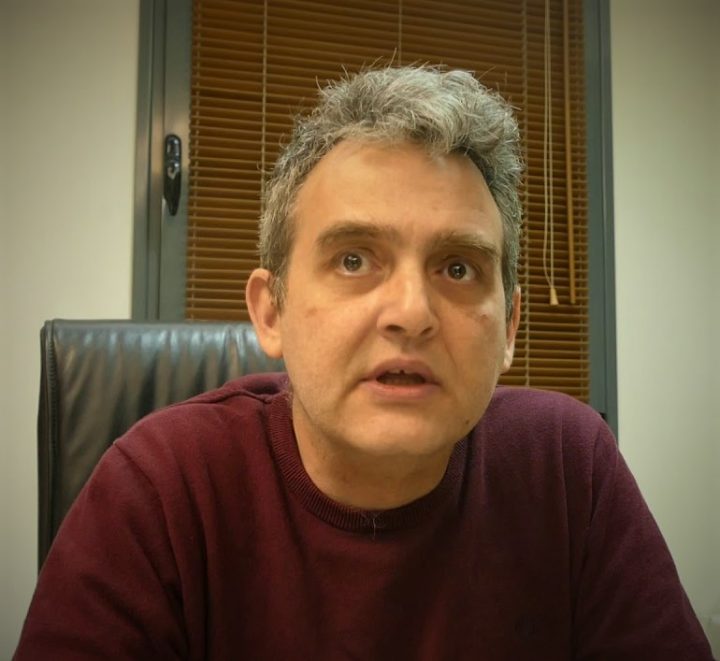Following the threat of legal action against the Italian open source researchers Fracassi and Ramaioli from the company contracted to provide respiratory devices for a hospital in the Italian city of Chiari, we spoke with Panos Papadopoulos, lawyer and social anthropologist, who served as Director of the Office of the Minister for Health for the period 2015-2019. Marianella Kloka interviewed him for Pressenza’s Greek office.
Pressenza: Mr Papadopoulos, what do you have to say about the initiative of the Italian researchers Fracassi and Ramaioli regarding the production of open source valves to meet the needs of Chiari hospital for patients with covid-19?
Panos Papadopoulos: It is a very positive initiative. The crisis caused by the pandemic outbreak of covid-19 and the pressure on health systems will take all the creativity and inspiration of healthcare professionals to overcome. We need more such efforts.
PZ: This device was supplied by a private company to the hospital and covered by a twenty-year patent. Because the company couldn’t meet the needs, the two researchers asked for the original designs to produce 3d-printed, low-cost copies. The private company not only didn’t provide the patents but threatened to sue the two scientists.
PP: The company is being unfair. The protection of trademarks and patents can be bypassed on the grounds of a health crisis and national security. The Italian State has every right to ask the company to handover the patents so that the product can be safely produced and in the necessary quantities. Notwithstanding the political and ethical dilemma caused by the company’s attitude of focusing on profit during such a major crisis, this practice is illegal. There are provisions in international world trade treaties that require companies to surrender their patents if there are grounds for a health crisis or national security.
PZ: Does our country have legislation that covers the Greek state with regard to patents for public health and national security cases?
PP: Of course. In Greece, Law 4605/2019 provides for the possibility for compulsory licensing (i.e. patent infringement), not only in situations of health crises, but also in cases of unfair practices on the part of the pharmaceutical industry, such as over-pricing.
PZ: How can we assist open science in Greece? What initiatives does the government need to take to finance and prioritize the sharing of knowledge versus profit, with such major health challenges ahead?
PP: The research model that assures patent ownership has exhausted its potential. Particularly in the pharmaceutical field, we find that companies prefer to commit research resources to discovering active substances with similar actions to others that already exist (e.g. statins), where profits are certain, rather than spending money to eliminate diseases, an activity that doesn’t seem particularly profitable. I think the Covid-19 crisis and the inability of the pharmaceutical industry to respond has led us to conclude that we need other priorities in the field of pharmaceutical innovation. We first need public funding for research and collaboration among researchers on research directions with a high social payoff.
PZ: Greece pioneered the creation of the “Valetta Declaration Group” in order to initiate coordinated joint negotiation and medicine procurement. Do you know in what stage this initiative is in today?
PP: The Valletta Initiative, like other related initiatives in northern Europe, has sent shockwaves through the drug industry, claiming fair and sustainable drug reimbursement rates and promoting transnational co-operation. Despite the difficulties and problems, the Valetta Group have been able to bring back to the political arena the question of free access to pharmaceutical innovation; medicine as a right and not just a commercial product. But I think the crisis we are experiencing pushes us far beyond the medium-term goals of transnational co-operation for fair prices. The malfunctions of the pharmaceutical industry and the failure of the patent model to provide answers puts in question the entire model of pharmaceutical innovation.











